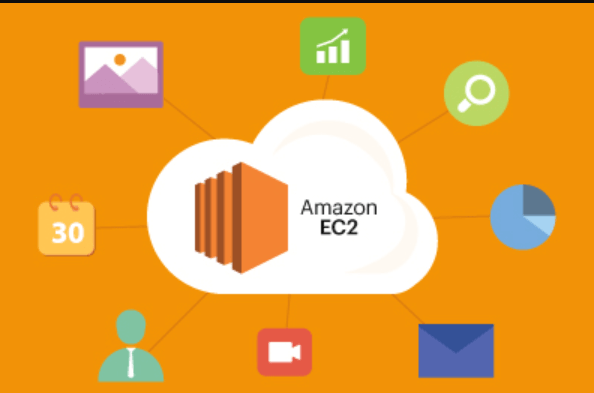In today’s fast-paced digital landscape, having a robust online presence is crucial for businesses of all sizes. When it comes to web hosting solutions, Amazon EC2 (Elastic Compute Cloud) stands out as a game-changer. In this article, we will delve into the world of Amazon EC2 web hosting and explore how it can revolutionize your online operations.
What is Amazon EC2?
It provides resizable compute capacity in the cloud, allowing users to run virtual servers known as instances. With EC2, you can easily scale your computing resources up or down based on your needs, making it an ideal choice for hosting websites and web applications.
Advantages of Amazon EC2 Web Hosting
- Scalability: One of the standout features of Amazon EC2 is its scalability. Whether you run a small blog or a high-traffic e-commerce website, EC2 can handle your workload. You can add or remove instances as your traffic fluctuates, ensuring optimal performance at all times.
- Reliability: EC2 instances are built for reliability. AWS data centers are known for their redundancy and failover capabilities. This means your website will experience minimal downtime, even in the face of hardware failures.
- Cost-Efficiency: EC2 offers a pay-as-you-go pricing model. Plus, you can choose from various instance types to match your specific requirements.
- Security: Security is paramount in the digital age. Amazon EC2 provides robust security features, including firewalls, encryption, and identity and access management (IAM) controls. You can customize security settings to meet your unique needs.
Getting Started with Amazon EC2 Web Hosting
1. Creating an EC2 Instance
To begin your Amazon EC2 journey, you need to create an instance. This is your virtual server that will host your website. AWS offers a wide range of Amazon Machine Images (AMIs) to choose from, depending on your operating system and software requirements.
2. Configuring Security Groups
You can define inbound and outbound traffic rules to control access to your instance. This is a critical step in ensuring the security of your website.
3. Connecting to Your Instance
Once your instance is up and running, you can connect to it using SSH (Secure Shell) for Linux instances or Remote Desktop Protocol (RDP) for Windows instances. This allows you to configure your server and upload your website files.
Optimizing Performance with Amazon EC2
1. Choosing the Right Instance Type
Amazon EC2 offers various instance types optimized for different workloads. Consider factors like CPU, memory, and storage requirements when selecting the right instance type for your website.
2. Load Balancing
For high-traffic websites, load balancing is crucial. EC2 provides a load balancing service that distributes incoming traffic across multiple instances, ensuring optimal performance and availability. Read more…
Conclusion
In conclusion, Amazon EC2 web hosting empowers businesses to achieve scalability, reliability, and cost-efficiency in their online operations. With its robust features and seamless integration with AWS services, EC2 is a top choice for hosting websites and web applications.
Are you ready to harness the power of Amazon EC2 for your web hosting needs? Explore the possibilities and take your online presence to new heights with EC2.
FAQs
1. Is Amazon EC2 suitable for small businesses?
Yes, Amazon EC2 is suitable for businesses of all sizes. Its pay-as-you-go pricing model makes it cost-effective for startups and small businesses.
2. How can I ensure the security of my EC2 instances?
You can enhance the security of your EC2 instances by configuring security groups, implementing encryption, and following AWS best practices for security.
3. Can I use Amazon EC2 for hosting WordPress websites?
Absolutely! Many users opt for Amazon EC2 to host their WordPress websites due to its scalability and reliability.
4. What types of applications are best suited for Amazon EC2?
Amazon EC2 is versatile and can host a wide range of applications, including websites, web applications, databases, and more.
5. How do I get started with Amazon EC2 web hosting?
To get started, sign up for an AWS account, create an EC2 instance, configure security settings, and upload your website files. AWS provides detailed documentation to guide you through the process.



